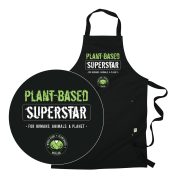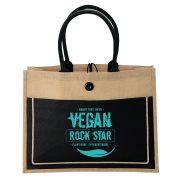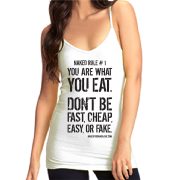Many believe that it’s important to get enough calcium from certain foods, especially milk and other dairy products, which they perceive to be excellent sources of it. Though, just as with protein, it is not difficult to get enough calcium when eating whole, plant-based foods. Calcium, like iron, magnesium, and copper, is a mineral. It is found in the soil, where it is absorbed into the roots of plants. In fact, it actually comes from the earth and is abundant in all whole foods. In fact, animals get their calcium by consuming the mineral-abundant plants and metabolizing that calcium into their bodies.
There are two major contributing factors to the leaching of calcium from bones, which leads to their weakening and may increase the risk for osteoporosis. The first factor is consuming a highly acidic diet. Our bodies are alkaline. It is vital that the acidity level of your diet is not so high that your bones must leach calcium to keep your body’s alkaline levels balanced. The levels of acidic compounds are lower in plant foods so they won’t draw the calcium from your bones the way animal foods will. Eating a whole-food, plant-based diet gives your body the acid/alkaline balance it needs for optimal bone health. The second factor is consuming a high-sodium diet. The diet we recommend is naturally low-sodium, as it relies very little on processed foods, which tend to be very high in salt.
The formula for strong bones relies on two other factors: First, that you get sufficient vitamin D from exposure to the sun. Vitamin D is a key factor in calcium absorption, and the sun is the best way to meet this requirement. The key is getting sufficient sun exposure on our bare skin without getting burned. The vitamin D in milk is added to it, and we do not recommend getting vitamin D from milk or other fortified foods in which the vitamin does not naturally occur. Second, that you practice strength training and impact exercise. When you lift weights or do resistance exercises you not only build muscle, you stress your bones. This makes them stronger. Walking, jogging, and running are examples of impact exercises that will also help with bone strength.
As with protein, many will suggest the need to consume a specific amount of calcium per day for strong bones, however, good bone health has nothing to do with achieving an arbitrary amount of calcium. This leads to a reductionist approach where individuals target specific nutrients, and not a holistic one. Following a sustainable way of eating also refers to an equal importance of nutrients. None are more important than others because they all play an important part.











